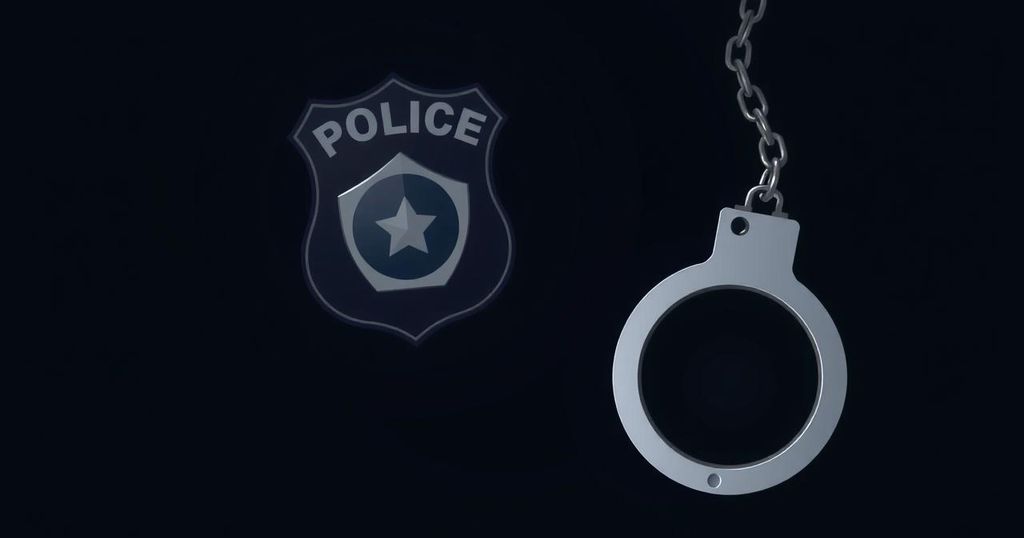Rodrigo Duterte Arrested Over Allegations of Crimes Against Humanity
Rodrigo Duterte, the former president of the Philippines, has been arrested on accusations of crimes against humanity stemming from his notorious drug crackdown. Detained under an ICC warrant, this arrest highlights the tensions surrounding his administration’s human rights record. It raises questions regarding the future of accountability for numerous alleged extrajudicial killings and the role of the ICC moving forward.
Former President Rodrigo Duterte of the Philippines has been arrested based on allegations of crimes against humanity linked to his notorious drug crackdown from 2011 to 2022. Authorities apprehended Mr. Duterte upon his arrival in Manila as part of an International Criminal Court (ICC) warrant. The case involves the thousands of killings that occurred during his tenure, starting from his time as Davao City mayor.
Duterte’s controversial presidency began in 2016, founded on a platform that advocated for the elimination of drug dealers and crime. During this period, numerous allegations emerged that police and vigilantes executed unarmed individuals suspected of drug-related crimes. Despite these accusations, the government has consistently denied any wrongdoing.
Upon returning from Hong Kong, Mr. Duterte expressed his readiness to face arrest while maintaining his stance against foreign influence, stating, “You would have to kill me first if you are going to ally with white foreigners.” His legal team has already deemed the arrest unlawful and intends to challenge it.
Previously, Duterte acknowledged the existence of a “death squad” that operated under his orders during his mayoral term, yet he denied permitting police to shoot suspects during his presidency. After withdrawing the Philippines from the ICC’s founding treaty, the Rome Statute, Duterte’s arrest signifies a substantial shift in the accountability for his administration’s actions.
Human rights organizations estimate that tens of thousands were executed under Duterte’s regime, with many victims belonging to impoverished communities unrelated to drug activities. While it remains uncertain whether he will be extradited to the ICC in The Hague, the current situation could signify a pivotal moment for those seeking justice for the victims.
The incumbent president, Bongbong Marcos Jr., who succeeded Duterte in 2022, has not rejoined the ICC but has indicated willingness to comply with any international law requests related to his predecessor’s case. The courts in The Hague have previously endorsed the continuation of the investigations following Duterte’s attempted suspension of the probe, which raised questions about national sovereignty.
In conclusion, the arrest of former President Rodrigo Duterte marks a significant development in the pursuit of justice regarding the many alleged crimes during his administration’s aggressive anti-drug campaign. It underscores the ongoing efforts to hold leaders accountable for human rights violations and may set a precedent for future international legal actions. The response from Duterte and his administration indicates a determination to contest these charges, reinforcing the complexities of accountability in such high-profile cases.
Original Source: news.sky.com




Post Comment